Buying a Modular Home? Must Read the Pros and Cons!
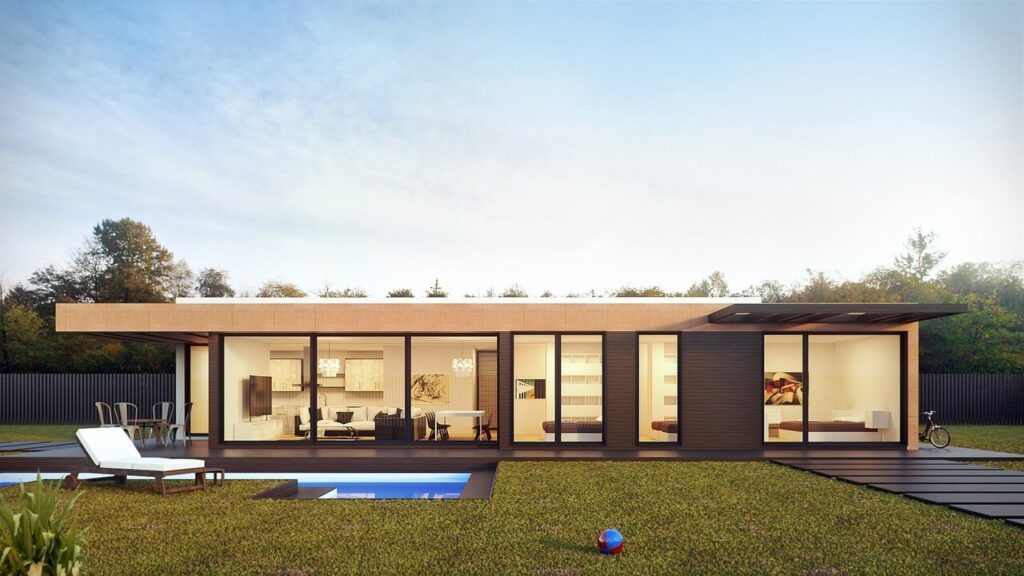
In recent years, modular homes have emerged as a popular alternative to traditional stick-built homes.
Also known as prefab homes, these residences are built in sections in a factory setting and then transported to the building site for assembly.
This modern approach to home construction offers numerous advantages but also comes with some drawbacks.
Here we explore the pros and cons of modular homes to help you decide if they are the right choice for your next home.
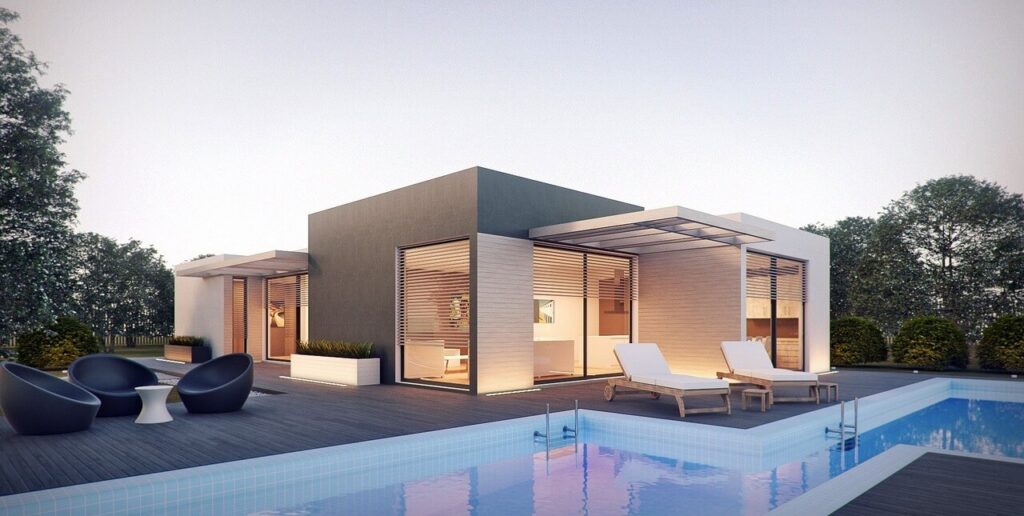
Pros of Modular Homes
1. Faster Construction Time
One of the most significant advantages of modular homes is the speed of construction. Since the sections are built in a controlled factory environment, the construction process is not affected by weather conditions or on-site delays.
This means a modular home can be completed in a matter of weeks, compared to the several months it often takes to build a traditional home.
2. Cost-Effective
Modular homes can be more cost-effective than traditional homes for several reasons:
- Bulk Purchasing: Manufacturers buy materials in bulk, which reduces costs.
- Efficiency: The streamlined construction process and reduced labor costs contribute to overall savings.
- Reduced Waste: The factory setting allows for better management of materials, leading to less waste.
3. High Quality and Standards
The factory environment ensures that modular homes are built to strict quality standards. Each section undergoes thorough inspections before leaving the factory, and the final assembly on-site is also closely monitored.
This rigorous process often results in higher-quality construction compared to some traditional homes.
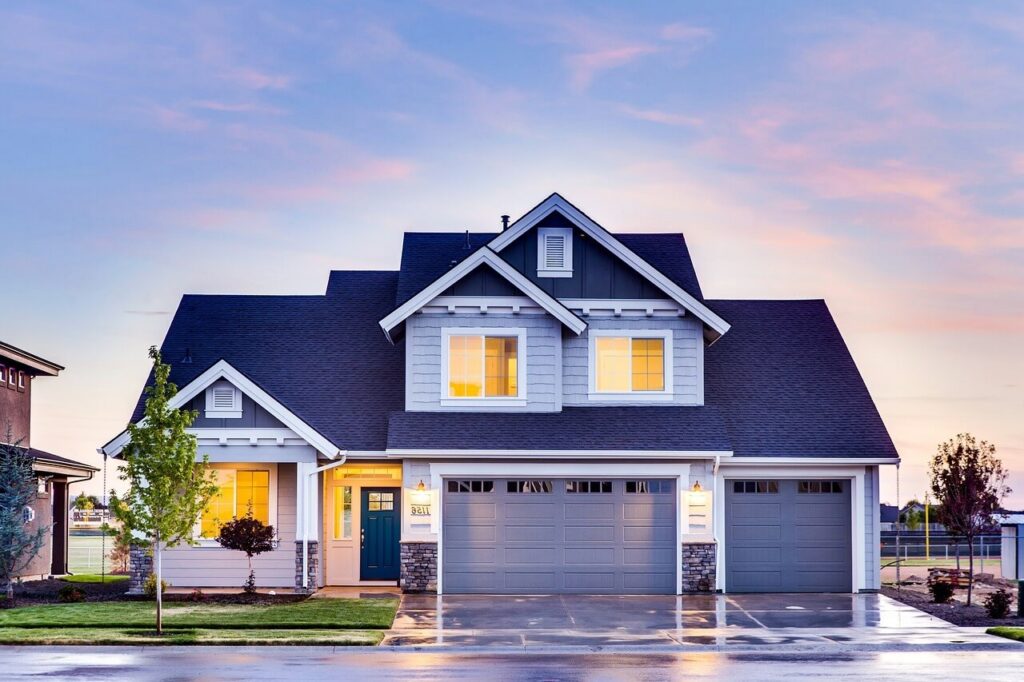
4. Customization
Contrary to popular belief, modular homes offer a high degree of customization.
Homebuyers can choose from various layouts, finishes, and fixtures to create a home that suits their personal preferences and needs.
Some manufacturers even offer bespoke designs.
5. Eco-Friendly
Modular homes tend to be more environmentally friendly due to several factors:
- Efficient Use of Materials: The controlled environment minimizes waste.
- Energy Efficiency: Many modular homes are designed with energy efficiency in mind, incorporating features like superior insulation and energy-efficient windows.
- Sustainability: Some manufacturers use sustainable materials and practices in the construction process.
6. Flexibility
Modular homes are incredibly flexible in terms of design and expansion.
It is relatively easy to add new modules to an existing structure if more space is needed in the future.
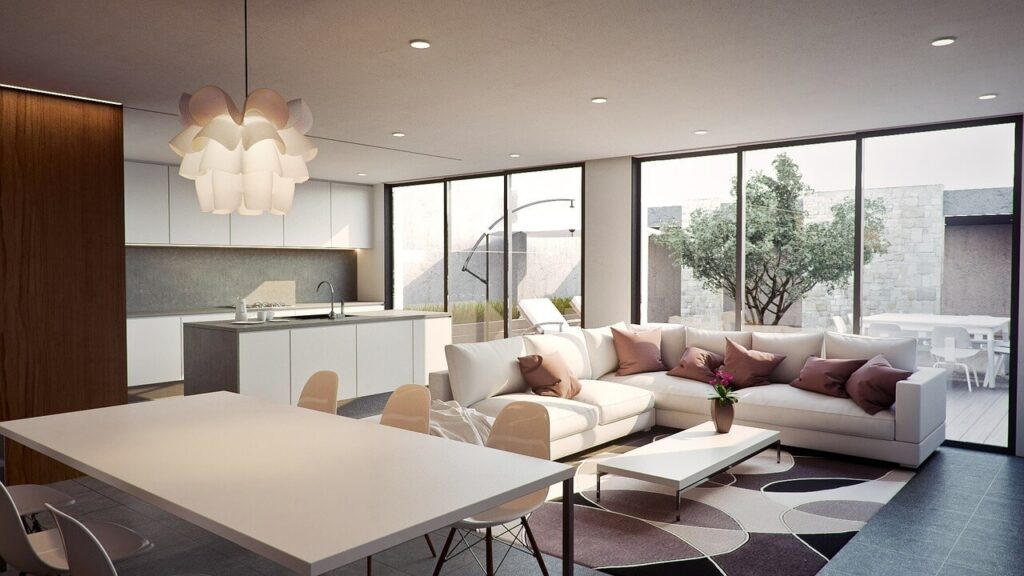
Cons of Modular Homes
1. Financing Challenges
Securing financing for a modular home can be more challenging than for a traditional home.
Some lenders are hesitant to offer loans for modular homes due to misconceptions about their quality and resale value.
However, this is gradually changing as modular homes become more popular and recognized for their quality.
2. Limited Availability of Land
Finding suitable land for a modular home can be a challenge, especially in urban areas where land is scarce and expensive.
Zoning laws and building codes can also impact where modular homes can be placed.
3. Perception and Resale Value
Despite their many advantages, modular homes still suffer from some stigma.
Some people incorrectly associate them with mobile homes, leading to a perception of lower quality.
This can affect resale value, although this is improving as modular homes become more accepted.
4. Transportation Costs
While the initial construction of modular homes can be cost-effective, transporting the modules to the building site can be expensive.
The cost of transportation depends on the distance from the factory to the site and the size of the modules.
5. Limited Design Options with Some Manufacturers
Although customization is a significant advantage, some modular home manufacturers offer limited design options.
It’s essential to research and choose a manufacturer that provides the level of customization you desire.
6. Foundation and Site Work
The construction of a modular home requires a foundation, which must be prepared before the modules arrive.
Site work, including utilities and landscaping, is also necessary.
These costs can add up and should be factored into the overall budget.
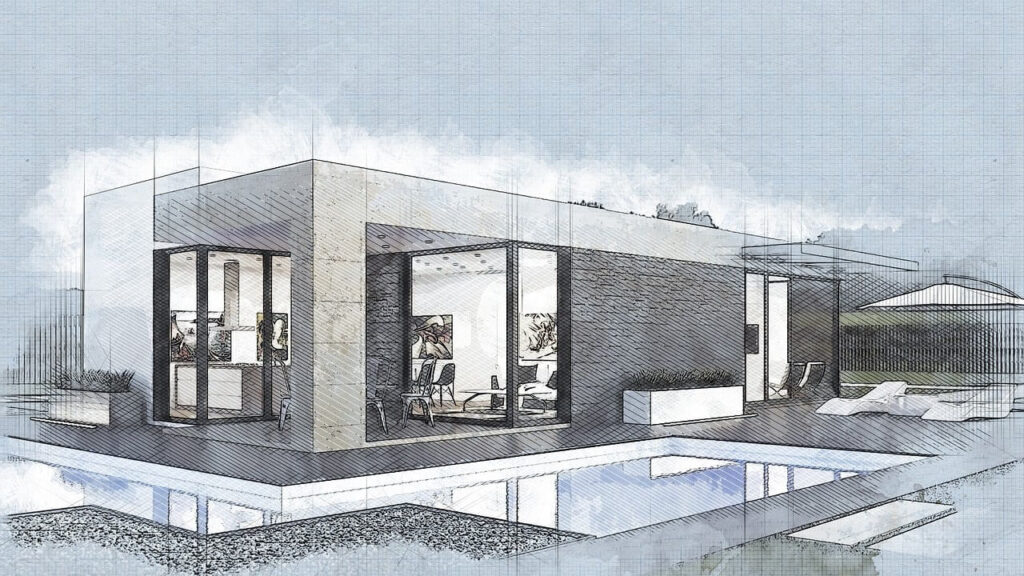
What we think
Modular homes offer a compelling alternative to traditional home construction, with benefits such as faster build times, cost savings, high quality, and customization options.
However, they also come with some challenges, including financing difficulties, land availability issues, and transportation costs.
If you’re considering a modular home, it’s crucial to weigh these pros and cons carefully.
Conduct thorough research, visit model homes, and consult with manufacturers to ensure that you make an informed decision.
The housing market evolves, and modular homes are likely to become an increasingly popular and viable option for homebuyers seeking quality, efficiency, and affordability.